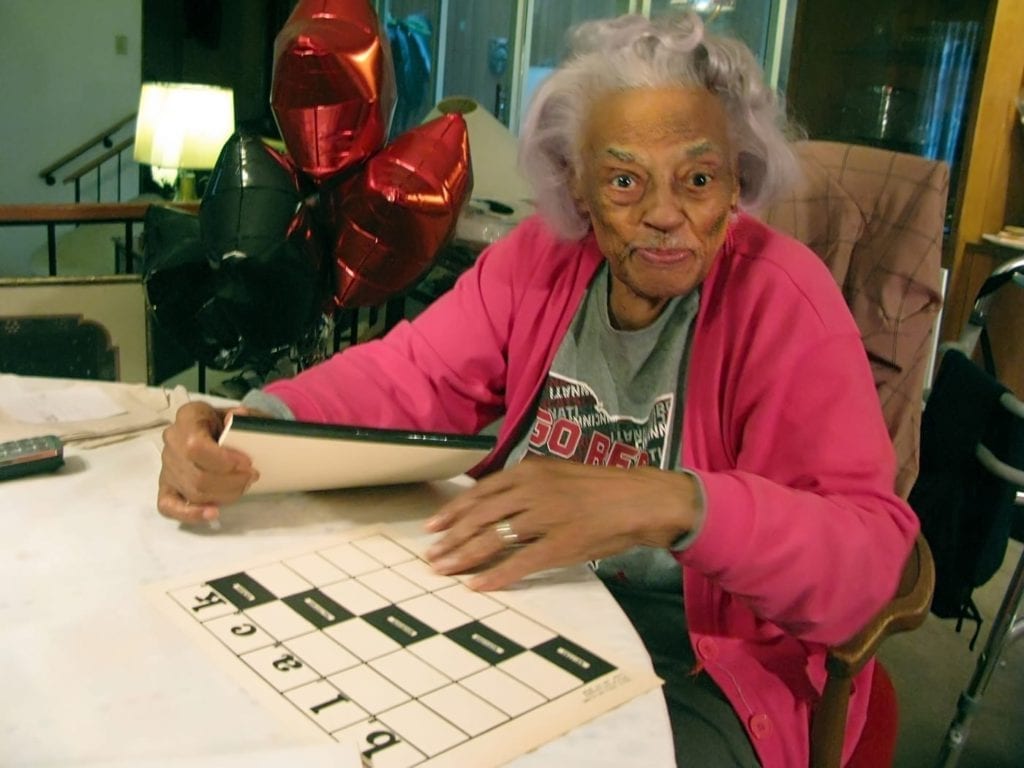By Keena Day
NASHVILLE, TN — In the midst of waning segregation and on the heels of the feminist movement, Ellen Ruth Willis ran for mayor of Nashville in 1979.
With very little money, no campaign – or advertising budget, and no party supporting her efforts, Willis received 4,792 votes which is 6 percent of the total vote in a race that was filled with white male opponents.
During a candidates’ forum, Willis was asked about her “electability” and she shot back that she was electable “as long as there’s no rule that the mayor has to be a white male,” according to a Banner newspaper story in 1980.
Today, Willis exudes the same spunk and savviness that sparked her to run for mayor in 1979. Recently celebrating her 90th birthday, she fondly recalls the life she lived and what led her to her history making decision.
Born in 1927, she came to Nashville as a young child. Willis graduated from Pearl High in 1944. At age 17, she left Nashville during World War II, originally planning to benefit from the GI Bill. Instead, she became a nurse’s aid in California and started working for the American Red Cross in Korea. While there, she enlisted in the Army and eventually became a first lieutenant in the Women’s Army Corps, the only woman sworn-in for active duty at that time.
During her 20 years of service, she became an expert at automatic data processing. At Fort Huachuca, Ariz., her company tested drones and served as a backup to the NASA space program during its initial efforts to send a man to the moon. Her military career sent her to at least 30 countries, including a few stints in Germany.
“I’ve used up at least five passport books; not bad for a poor girl from Nashville,” Willis quips.
In 1972, she created a game called “Black Bingo” which highlights the names of extraordinary black musicians, soldiers, politicians, scientists and others who gained popularity in Europe. She keenly believes in pride of culture.
She retired in 1975 and returned to Nashville. Upon her return, she recognized her military life removed her from the political struggles of blacks and women. When she left Nashville, it was still very segregated. While in California, she did not experience such racism, and found herself disappointed at conditions for people in Nashville.
“I got into politics to see if I could make a contribution,” she says, and with no budget, one $10 donation from a veterinarian, she began her campaign.
Studying tactics of Dr. Dorothy Brown, the first black woman to serve in the Tennessee Legislature, Willis embarked on the difficult task of being elected mayor in a still heavily segregated city that was also separated by class. She was invited to radio and television stations, and recalls that Channel 2 was particularly helpful, especially Teddy Bart.
While Willis was not elected, she does feel that her campaign had an effect.
“I think I made some black people proud to be black, some women proud to be women, and arose the moral consciousness of some people and was afforded the opportunity of expressing it at the ballot box. I wanted to get involved if for no more than to get the people who may win involved in the problems of the people,” she told The Banner in November 1980.


